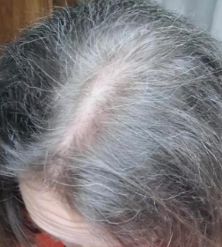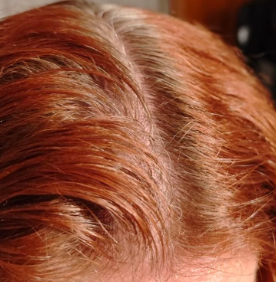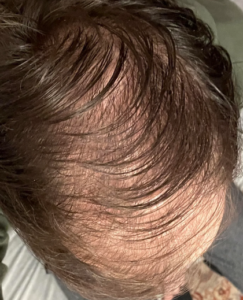I’ve been on 1mg finasteride since early august so over a month now. I’m 18 years old and I stared seeing results within weeks of starting it. My hair felt more full and thick and it showed clear signs of improvement.
Why do I feel like the effect has stopped. It feels like my hair reverted back to how it was before I started fin. Is it possible for fin to work well in the beginning and then suddenly lose effect in the span of a month? Am I doing something wrong?
Finasteride always works to slow or stop hair loss. Reversing it is another issue; however, if it looks like you are losing the benefits of finasteride, it may be that your genetic balding is accelerating. Finasteride is a competitive inhibitor effective at about 70%, so that action at the 5 alpha reductase level, doesn’t change as your hair loss gets worse. Dutasteride blocks the same enzyme at better than 90%, but that might or might not make a difference, so switching to dutasteride does not guarantee that your hair loss problems will be solved. Alternative medications such as oral minoxidil sometimes help as it is a different mechanism of action













